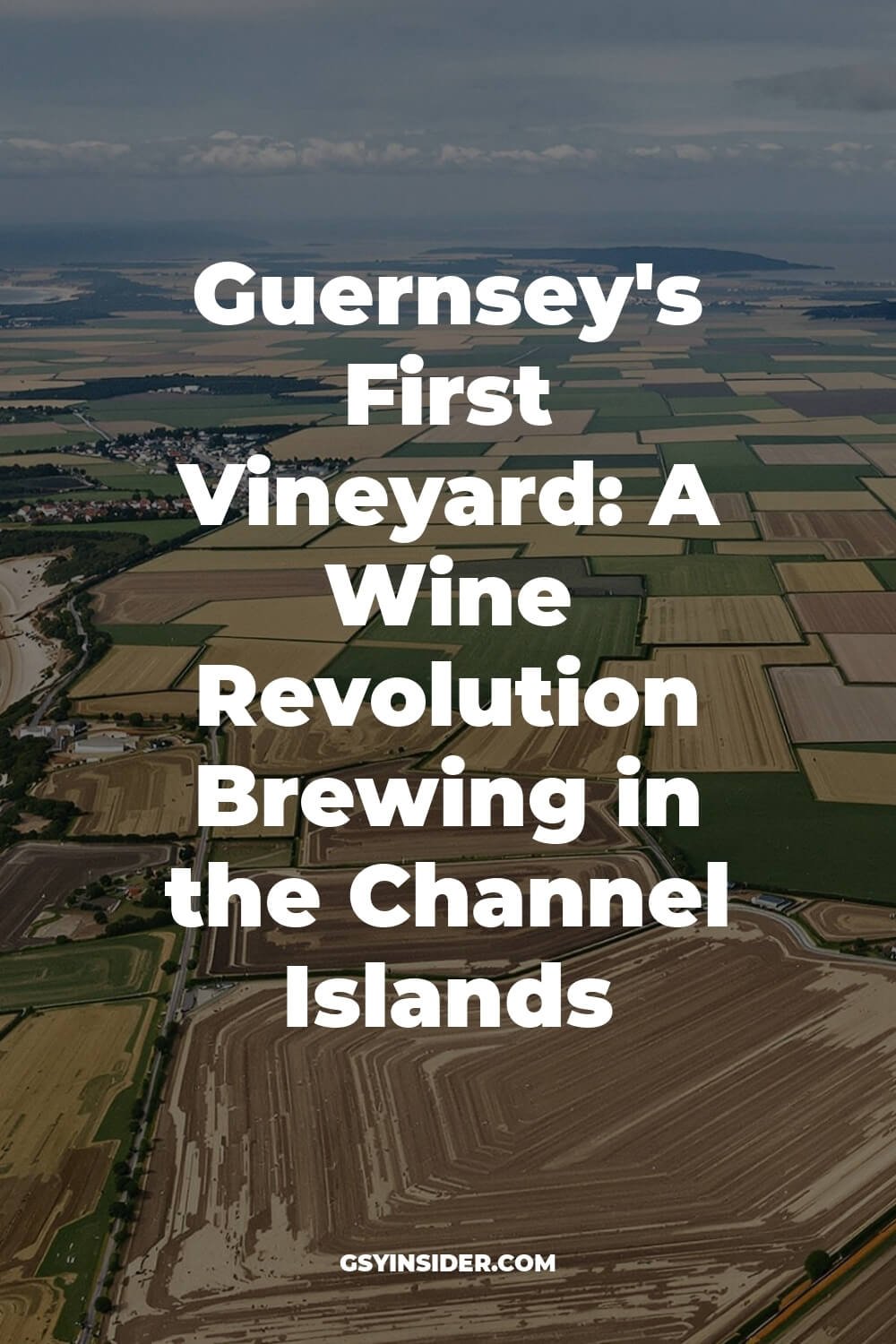Guernsey’s Emerging Wine Industry: A Bold Vision for Agricultural Innovation
In a groundbreaking move that could reshape Guernsey’s agricultural landscape, local sommelier Jacob Cherry is spearheading an ambitious project to establish the island’s first commercial vineyard and winery by 2029. This innovative venture promises to transform underutilized farmland into a potential economic powerhouse, blending traditional agriculture with modern entrepreneurial spirit.
The proposed vineyard in Torteval represents more than just an agricultural project; it’s a strategic response to changing global climate conditions. Cherry’s vision is rooted in careful research and an understanding of how shifting environmental patterns are creating new opportunities for wine production in previously overlooked regions.
Project Highlights
Preliminary plans outline an impressive scope: 6,375 vines set to be planted this spring, with the first harvest anticipated in 2028. The project goes beyond simple grape cultivation, including comprehensive facilities for processing, fermentation, and bottling, alongside a dedicated tasting room that will showcase both the wines and local culinary offerings.
Expert Opinions
Experts remain cautiously optimistic. While the potential for annual production of up to 60,000 bottles is exciting, challenges remain. Local agricultural authorities will need to carefully evaluate the project’s environmental impact and long-term sustainability. For deeper insights into such agricultural innovations, refer to the detailed Guernsey Government Planning Document – Development Framework.
Economic Potential
Economically, the potential benefits are significant. The vineyard could diversify Guernsey’s agricultural sector, create new job opportunities, and potentially attract wine tourism. To understand the larger implications, visit the Guernsey Live Planning Applications Portal for ongoing updates. However, success is far from guaranteed. The project will require substantial investment, specialized knowledge, and a favorable regulatory environment.
Climatic Context
Climate change plays a crucial role in this venture. As traditional wine-growing regions face increasing challenges, locations like Guernsey may become increasingly viable for viticulture. Cherry’s project represents a forward-thinking approach to agricultural adaptation. Read more about the phenomenon in Growing Thirst for English Wines: An Expanding Phenomenon.
Challenges Ahead
Skeptics point to the complexities of establishing a wine industry from scratch. The island will need to develop expertise in viticulture, invest in appropriate infrastructure, and create a market for its wines both locally and internationally. This is further explored in reports such as Guernsey Press: Local Sommelier’s Vineyard and Winery Plans. Despite these challenges, the project’s backing by Cherry and his team represents a determined push.
Broader Implications
As discussed in major news outlets like Bailiwick Express: Pleinmont Headland Wine Production Plans, Cherry aims to turn Guernsey’s agricultural narrative into a success story. The question now is how quickly this burgeoning industry can align itself for market readiness.
The Road Ahead
As the project awaits final planning approval, local residents and agricultural experts watch with a mixture of excitement and careful scrutiny. The coming years will ultimately determine whether Cherry’s vision of a Guernsey wine industry becomes a reality. For further official updates, access the Guernsey Government Planning Framework Document.
For those interested in future developments, particularly as wine production progresses, articles like Island FM: Guernsey Wine Production Expected by 2029 will keep tracking progress. The wine industry here could well become a hallmark for blending tradition with sustainability.

